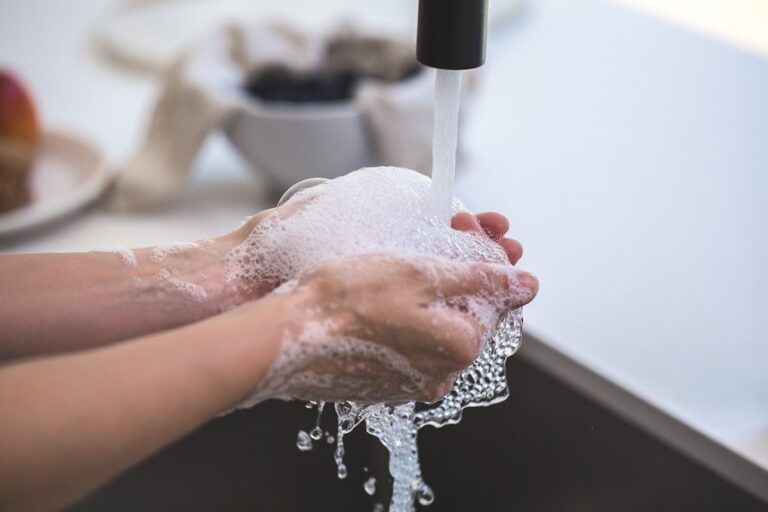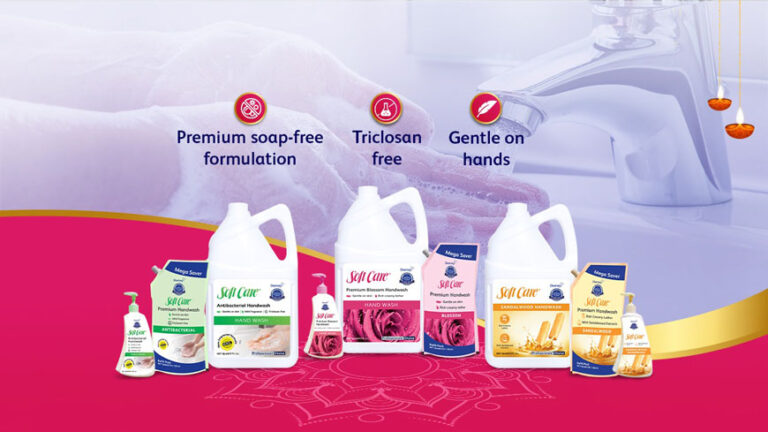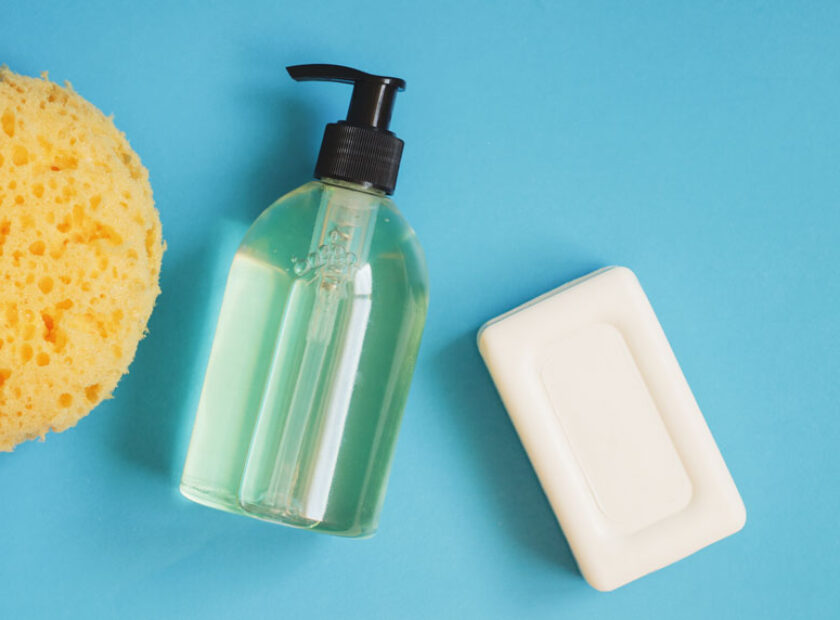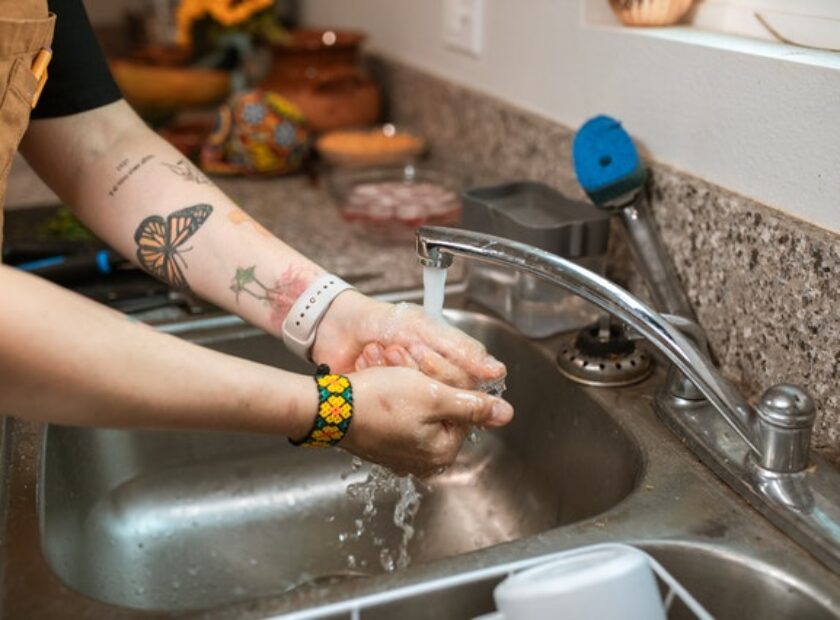This blog explains lucidly why and how to maintain correct hand hygiene
Correct hand hygiene can help you avoid falling sick often and curtail the spread of germs. This blog explains how and encourages you to maintain hand hygiene effectively with the Soft Care suite of personal care products.
Why is hand hygiene important?

When these germs get onto your hands and are not washed off, they spread from person to person and cause infections. Frequent hand sanitisation and handwashing with soap remove germs from hands.
When you wash your hands with a handwash or soap, it creates friction that helps lift dirt, grease and disease-causing germs from the skin. A good soapy lather forms pockets called micelles that trap germs, harmful chemicals, and dirt from your hands and suspend them in water.
These pockets wash away in water during hand rinsing. Hence, you must lather your hands with handwash or soap for at least 20 seconds.
Moreover, hand hygiene helps reduce antibiotic resistance. When you adopt the preventive mode rather than curative mode, you end up taking fewer antibiotics, or only when utmost necessary. Thus, less antibiotic resistance develops.
Handwashing can prevent nearly 30% of diarrhoea-related sicknesses and about 20% of respiratory infections. When you practise correct handwashing, you prevent yourself and your loved ones from getting sick with germs that are already resistant to antibiotics and are difficult to treat.
When must your employees and guests wash their hands?

- Before and after preparing food
- Before and after eating food
- Before and after handling raw food
- Before and after attending to a sick person
- Before and after treating a wound
- After hands turn dusty and dirty
- After blowing your nose, coughing or sneezing
- After using a tissue or handkerchief
- After using the toilet
- After changing nappies
- After smoking
- After handling rubbish
- After coming from outdoors
- After handling animals
- After using public transport
REMEMBER: Avoid using a hand sanitiser when your hands are visibly dirty or greasy.
How must your employees and guests wash their hands?
- Wet your hands with clean water.
- Apply handwash or soap.
- Lather your hands for at least 20 seconds. Rub them together thoroughly.
- Rinse your hands and dry them.
Hand hygiene with Soft Care

Soft Care Handwash
In a commercial facility, opt for a handwash rather than soap, as there is a risk of contamination through the usage of soap. If someone who is sick uses the soap bar, the probability of germ transfer through sharing of the soap bar is high. A handwash is safer and more efficacious.
At Diversey Prosumer, we offer handwashes formulated by experts across three variants — Soft Care Premium Blossom, Soft Care Antibacterial and Soft Care Sandalwood. All variants are available in 250ml with pump, 750ml refill pouch and bulk packs.
Benefits:
- Kills 99.99% of the highly resistant bacteria and viruses
- Has neutral pH
- Is a special soap-free formulation
- Gives high lather/foam
- Is devoid of harsh chemicals
- Keeps your skin soft and supple
- Is cost-effective, with 3-5 ml sufficient for a good hand wash
To Conclude
Correct hand hygiene is critical for the health and safety of your guests and employees. When you keep your hands washed and sanitised, you are arresting the spread of pathogens in your vicinity.
For professional requirements, go for professional grade solutions. Trust the expert. Because when it comes to hygiene, trust and affordability, you can count on Diversey Prosumer’s Soft Care range of handwashes.








